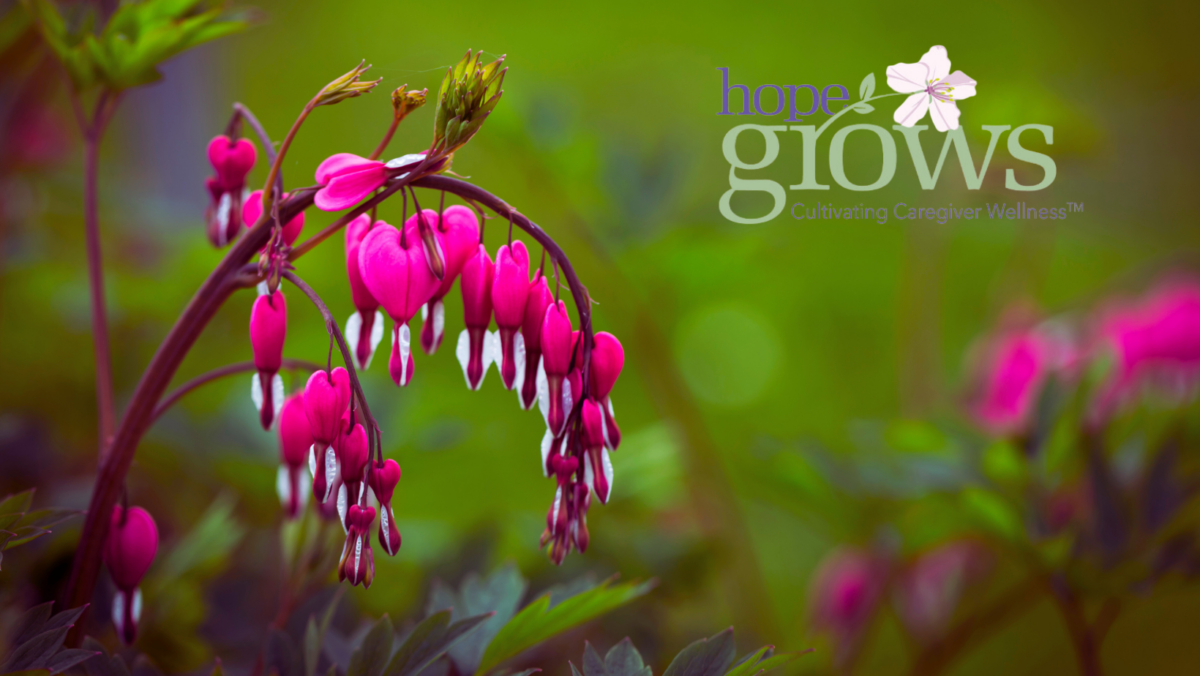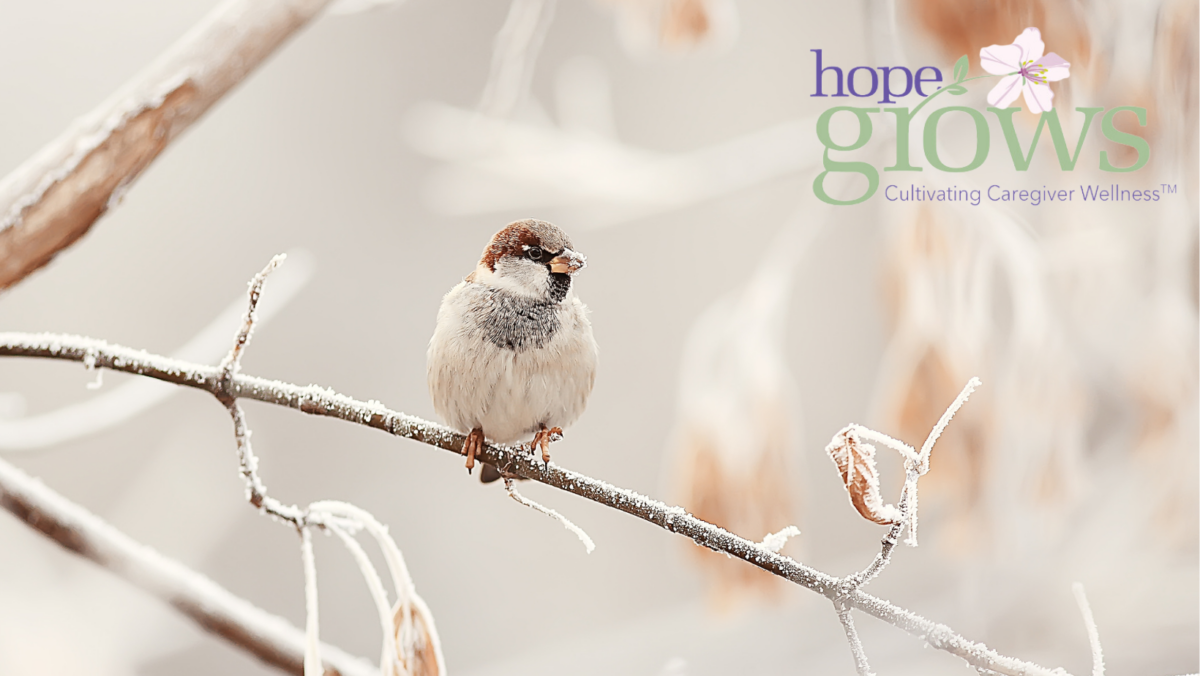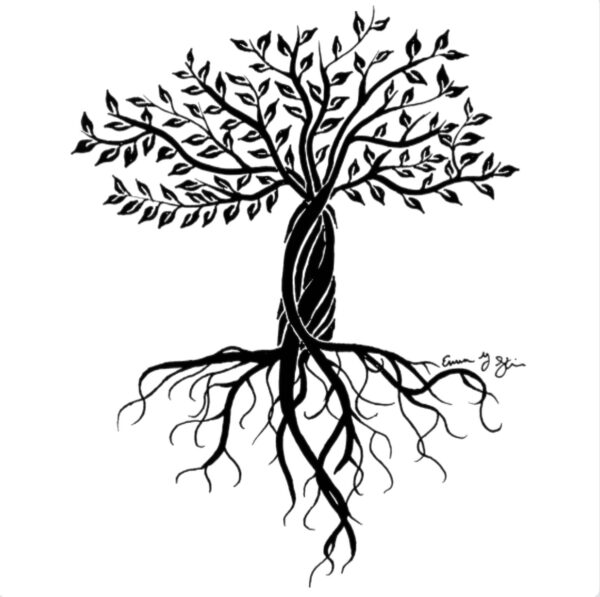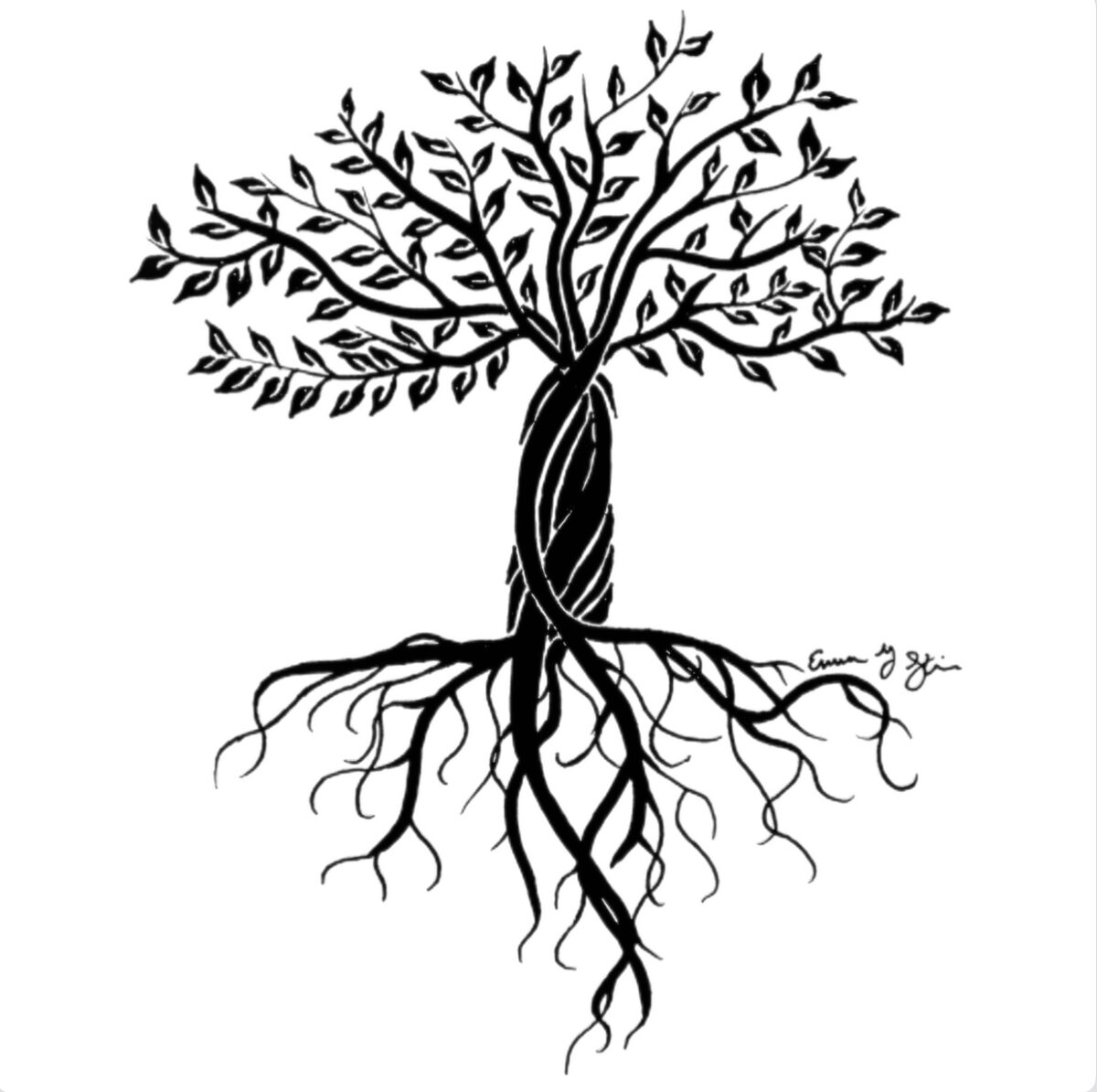The Ability to Pivot
The ability to pivot in tough situations is a hallmark of resilience and is worth focusing on this month as winter changes to spring. Blossoms are plenty this time of year as the trees, bushes, spring bulbs, and perennials begin to erupt with beauty. However, as the weather doesn’t know how to make up its mind from cold to warm, and then cold again, the ability to pivot becomes the nature of the game (no pun intended).
For me, pivoting from winter to spring is always difficult. While I love the new blossoms, I thrive in the winter with “internal regrouping,” as I call it. The snow and cold of winter contribute to my deep, inward thinking and reflection. However, with the past couple of winters not being very cold and snowy, I feel like I have not had the break my soul needs.
None the less, as I reflect about this topic of pivoting, my birth order comes to mind. Being the youngest of six children, I believe I had an inner strength that was different than those around me. Was it my place in birth order, being one of 46 first cousins or having nieces that were closer in age to me than their parents, who were my siblings? Or did it have something to do with the fact that I was being raised by the village, not just my parents? Not sure of the reason, but my ability to pivot I believe is deeply connected to my inner spirit. The ability to draw upon my inner strength creates a resiliency that helps to adjust my mindset to manage effectively and put in place coping skills.
Throughout evolution, organisms have developed various adaptation mechanisms to survive in changing environments. These mechanisms include physiological, behavioral, and psychological traits that allow organisms to adjust to new conditions. Humans, as a part of these organisms, inherit this adaptability, which contributes to their ability to pivot in tough situations.
The ability to pivot refers to the capacity to bounce back from adversity, challenges, or difficult circumstances, and what a better essential oil choice this month than the arborvitae. The majestic and strengthening properties of this tree are not only grounding, the tree often lives for over 800 years – Arborvitae means “Tree of Life”. The emotional properties of this essential oil mean Divine Grace. Engaging with this oil can help with relaxation, breathing deeply and trusting in the flow of life. Perhaps I should use this oil as I transition during this time of year.
All and all though, it takes resilience to be able to pivot. While the arborvitae is resilient, humans have to implement strategies. One strategy is to remember and recognize the times where you have successfully pivoted in tough situations. When we remember success, we can then continue to promote resilience as a valuable skill that can be cultivated and strengthened over time.
Staying strong, holistically, is important too. I will admit though, the older I get, the harder it is to stay strong. Some days it feels like it takes twice the effort to do certain things and my resilience and ability to pivot is affected. I reflect at what is going on in my life; an overloaded schedule, not cultivating the earth, and not taking enough time to “stop and smell the roses.”
Whatever the reason, cultivating resilience, adopting a positive mindset, embracing adaptability, nurturing emotional well-being, and finding meaning and purpose can all contribute positively. Out of all the suggestions, I believe that finding meaning and purpose is at the top of the list for being able to continue to pivot. A purpose has to be in place so that you want to get out of bed in the morning, and a strong spirit can help with that.
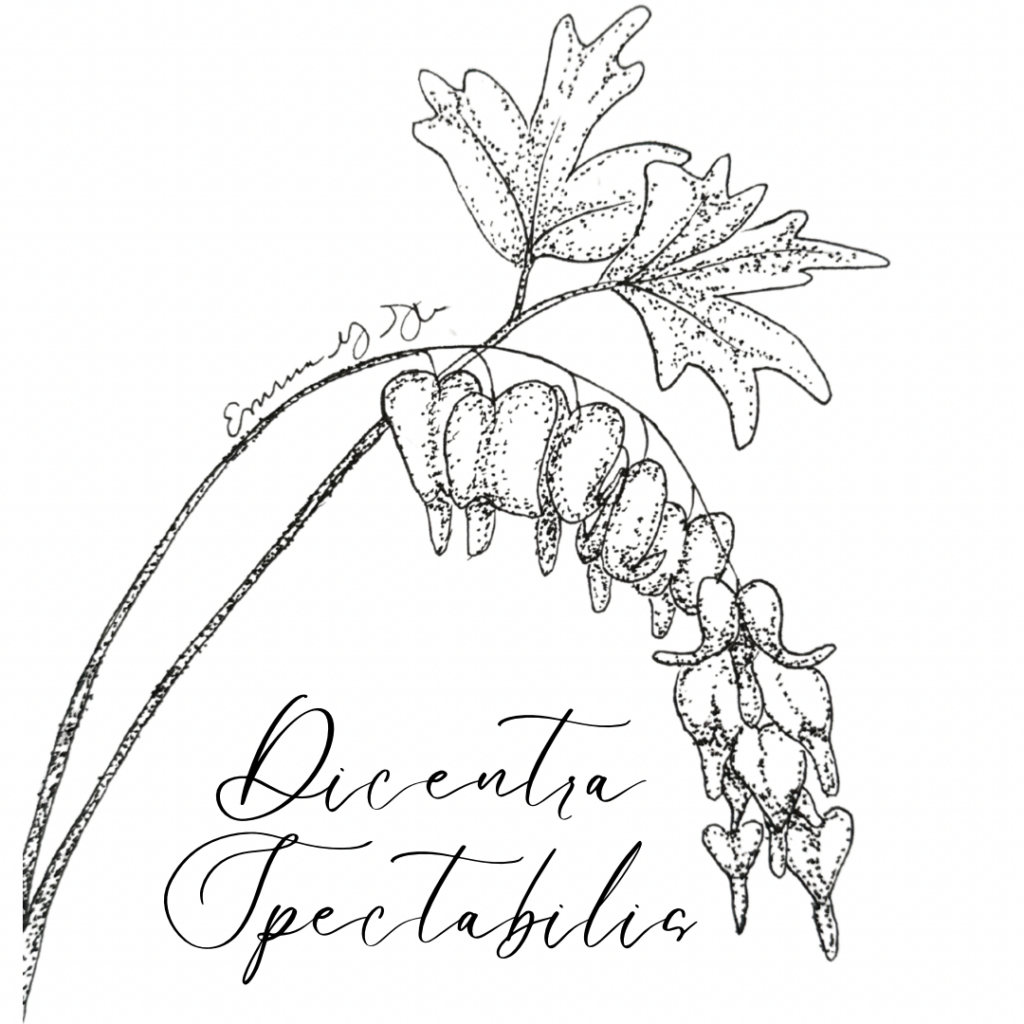
I would be careless if I didn’t comment on the plant choice for the month: the bleeding heart. This resilient early spring-rising plant is full of resilience and strength. Its symbolism can help when we are being too sensitive or we emotionally react to the world around us. Its unique beauty can help draw upon our values and beliefs to navigate the challenges one may be facing.
All and all, focus on what matters most and align your actions with your values. You can then pivot towards a more meaningful and fulfilling life, even in the presence of adversity. A good take away is that nature can serve as a source of inspiration, wisdom, and resilience. I have often said, “nature doesn’t ask of anything from me, it is one place that I am able to let go of control.” And when you let go of control, nature will guide you to observe and learn, and to develop the adaptive skills necessary to navigate challenges and thrive in an ever-changing environment.
Written by Lisa Story, MSCP, LPC, CT
Hope Grows Founder & Clinical Director

